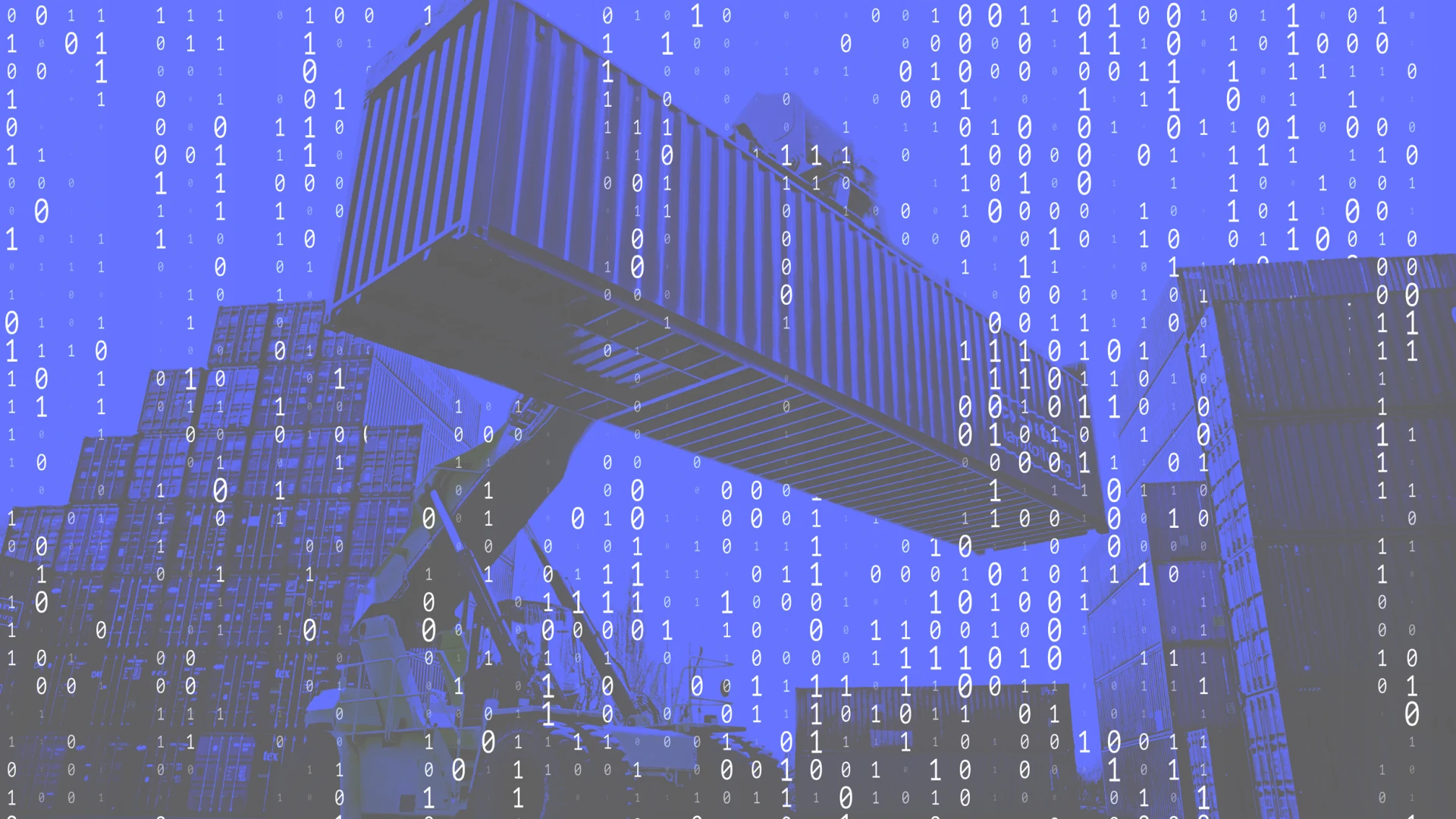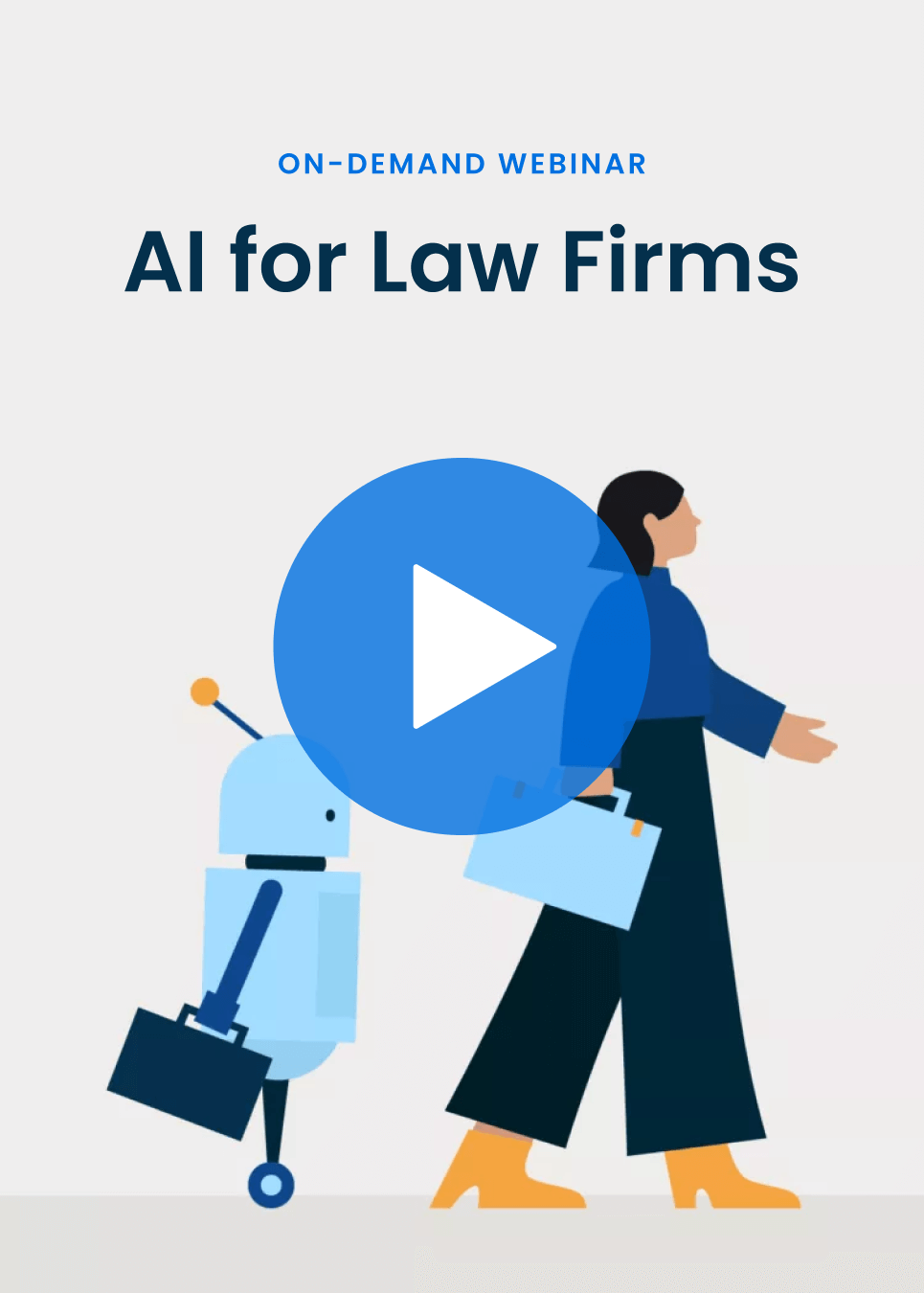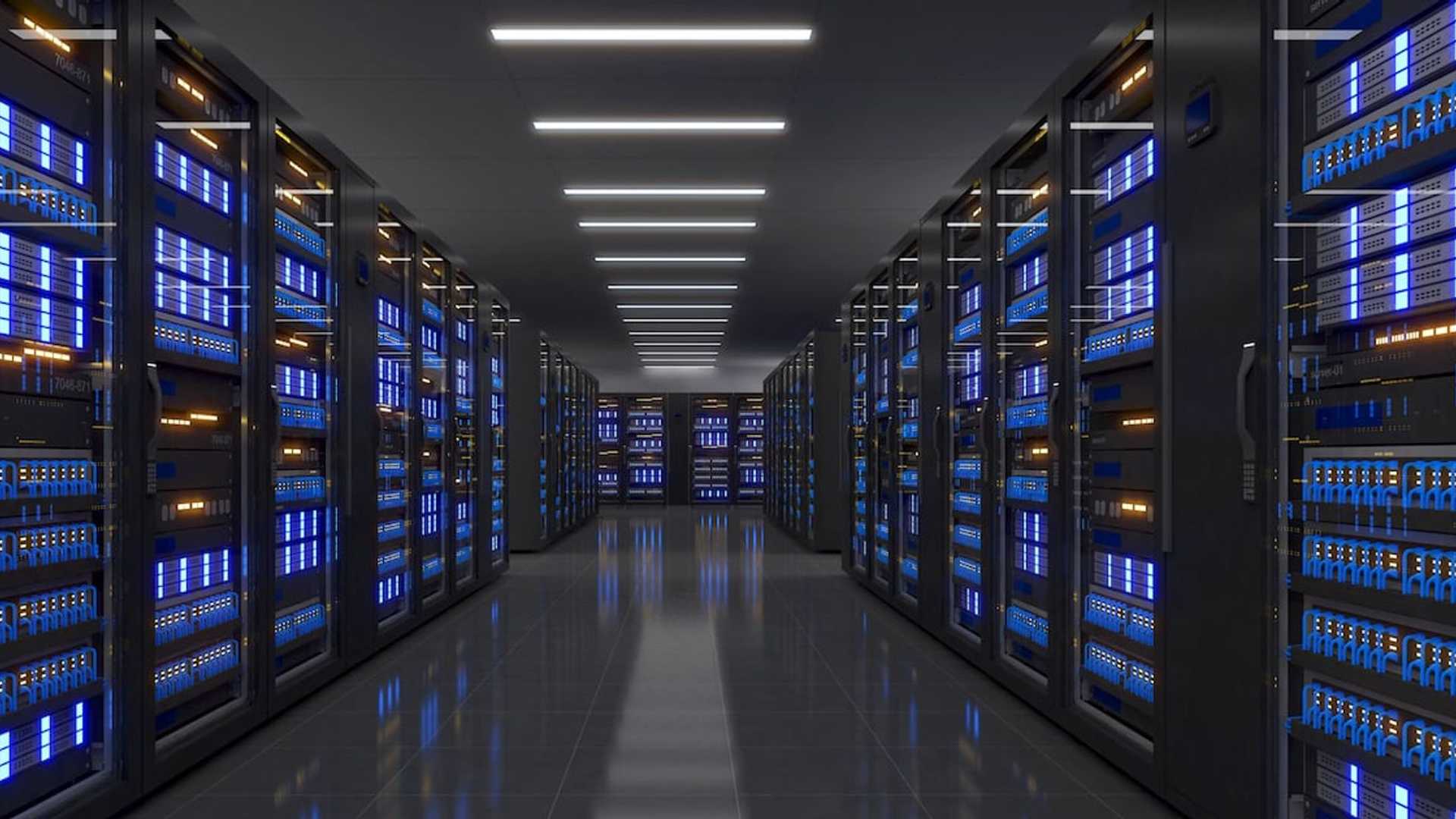US Companies Fight Trump Tariffs with AI Help - AI Business
Donald Trump’s new tariffs have forced a technological shift in the business world. In response, American companies are turning to artificial intelligence to navigate the complex landscape of international trade. AI is being utilized to analyze the impact of new tariffs, optimize supply chains, adjust pricing strategies, and revise contracts.
Kinaxis Maestro: Revolutionizing Supply Chain Management
One of the most innovative tools aiding companies in this endeavor is the platform Kinaxis Maestro. This platform offers a Tariff Response feature that facilitates the transition from reactive supply chain management to proactive orchestrated supply in just 21 days. This transformation is achieved through customs risk simulation and exploration of alternative logistics scenarios. By leveraging supply chain digital twins and CO₂e impact estimates, companies can streamline costs and enhance reporting on Environmental, Social, and Governance (ESG) activities.
Salesforce Introduces Import Specialist Agent
Another significant player in this AI revolution is Salesforce, which has introduced the Import Specialist Agent. This virtual AI advisor is designed to analyze customs documents, identify risks, and provide recommendations on strategies such as renegotiating prices or updating contract clauses to reflect changes in laws. This agent operates within the Agentforce platform and integrates seamlessly with Data Cloud to create personalized dashboards that offer real-time insights to companies.

Wipro ai360: Transforming Industries with AI
Indian IT giant Wipro has placed a strategic bet on generative AI at an enterprise scale through its platform Wipro ai360. By utilizing this platform, Wipro supports clients across various sectors, including manufacturing and banking, in optimizing supply strategies, selecting efficient routes, and enhancing goods inspection processes. Wipro has dedicated over 13 data labeling specialists to this initiative and has developed specific tools such as Document Chat for commercial documentation analysis and Wipro Chat for automated communication with contractors. This investment has yielded impressive results, with Wipro generating contracts worth $1.5 billion over the past 10 quarters and upskilling 44 employees in AI technologies.
AI in Legal Firms: Enhancing Contract Analysis
The surge in trade frictions has also led to a rise in legal challenges for companies. Many law firms are turning to AI to expedite the analysis of thousands of contracts to identify clauses related to force majeure, price escalation, and renegotiation. Artificial intelligence can swiftly scan entire contract libraries, providing recommendations on minimizing contract-related risks. The introduction of flexible pricing models and "smart tariff clauses" enables companies to adapt their cooperation terms dynamically in response to regulatory changes, utilizing automated calculations for freight costs and customs duties.

Before the wave of tariffs imposed by President Trump, AI was already viewed as the future of operations management. However, the current geopolitical landscape has elevated the significance of AI to a new level. Companies that once considered AI as a novelty now recognize its pivotal role in ensuring operational resilience. Even if tariffs are eventually reduced or lifted, the investments made in AI today offer tangible benefits such as expedited decision-making, enhanced risk visibility, and improved operational agility. In the realm of trade and industry, AI serves as a crucial tool for maintaining competitiveness and thriving amidst challenging circumstances.
Stay informed about the latest advancements in artificial intelligence for business by signing up for our free newsletter.





















